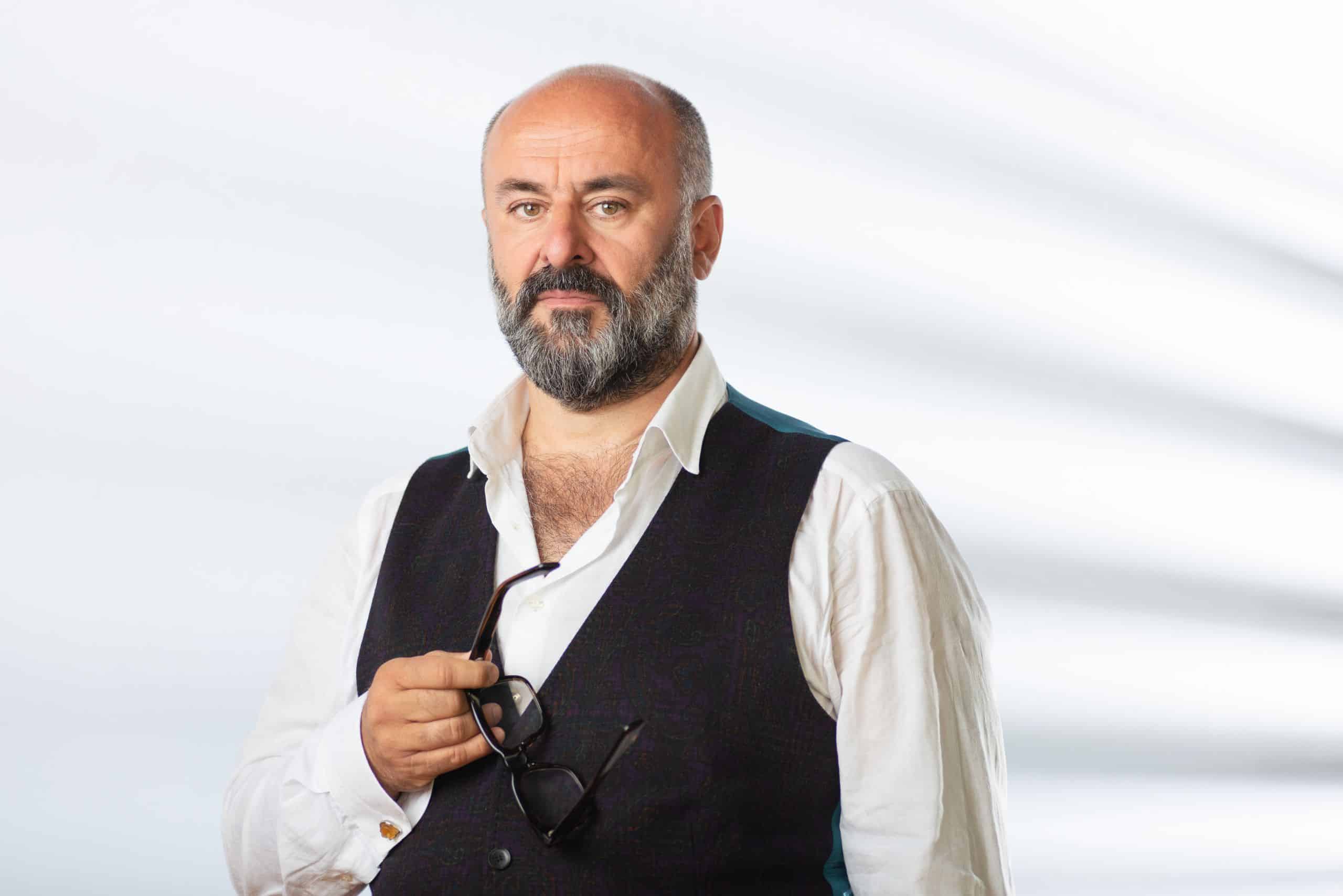Another desperate shortcut at Covent Garden
OperaLast night’s ROH performance of Rossini’s Barber of Seville was broadcast to cinemas in a clutch of countries around the world.
Shortly before the performance, the Italian baritone Fabio Capitanucci announced he was unwell. Instead of having a cover singer on standby to take his place, Capitanucci was required to walk through the part on stage while another person song the role from the wings.
This would normally be considered an emergency measure, but it has become the norm at threadbare Covent Garden. The same thing happened several times during the recent run of Tannhäuser. It is a national embarrassment. As of last night, an international embarrassment.
Why does Covent Garden not employ local singers to be on standby for such eventualities/
Why do they keep cutting corners?
Here’s what the ROH tweeted: Fabio Capitanucci is unwell and will walk the role of Dr. Bartolo in tonight’s performance of The Barber of Seville. Grant Doyle will sing from the side of the stage
We hope that audiences in London, and those watching live in cinemas across the world, enjoy the show






The screening at the Odeon in Nuneaton had to be abandoned because there was no video. The cinema was very apologetic and refunded tickets. I don’t know where the fault was but it was very frustrating.
Really stupid planning. Are they worried a home-grown possibly unknown understudy might do a too good a job, or something, and upstage the main cast?
The ROH is quickly becoming a disgrace.
This is bad enough, but what would they do if the original singer was so ill (the flu, COVID, etc) that he/she could not even walk the role?
Would there be no one mining the role on stage? Would a stage Director have to act the part?
I saw the (excellent) live screening and the changes impacted hardly at all, probably due to a judicious placement of the cameras and very good sound reproduction. Nevertheless it’s clearly an unsatisfactory situation and must have impinged much more on the live audience
This is the production that opened with Joyce DiDonato in a wheelchair. Surely a solution can be found to put a Bartolo on stage who doesn’t know all the movement.
How is this a “cost-cutting” measure? They’re still paying 2 people for the job of 1. Idiotic in any case and I experienced this last week in attending one of the ROH Tannhausers (and needless to say both actor and singer were the weakest links in an otherwise excellent cast). I have NEVER seen this policy in effect at the Met or any other U.S. opera house where covers are in place for every performance.
It’s not paying two people for 1 job. It’s paying 2 people, the combined fees for which dwarf in comparison to the original opera star’s. It’s capitalism and shareholder profit margin increases at its finest. Why have quality when you can have affordability?
Something is very bizarre about this. Within 2-3 hours of London, there are MANY singers who can sing this role. If the singer lost his voice, it would have been coming on outside of that time frame. There would have been ample time to get in a singer, walk them through the role, and get him onstage. There was a singer well enough to sing the role from the side of the stage. Why not teach that singer the blocking? It’s not that hard. It’s happened many times over the years. I won’t compare this to the Tannhauser situation…that role is much harder to cast (although, letting the situation continue through the run is somewhat irresponsible of the ROH). Indeed, somebody is making some bad decisions there.
Precisely. Bartolo’s are a dime a dozen compared to Tannhauser’s. An absurd situation for a major opera house.
Does Brexit have something to do with getting European singers quickly in to the UK to work?
In other words, the management managed (!) to hide it. No pesky whistle-blowers here!
Dear opera lovers and culture vultures,
Austerity is no more!
“ Capitanucci was required to walk through the part on stage while another person song the role from the wings.”
Was required? Was he required? Did he choose?
I don’t know how ROH contracts work; but most singers are paid per performance. If they don’t perform, they get no fee.
Mr Capitanucci may well have chosen to walk the role, so that he still received his performance fee (or a portion of it.)
The pressure for an opera singer to “go on” is immense: and it doesn’t really come from the opera house or the audience; it comes from the financial realities of losing a performance fee, potentially multiple if you are sick for a week.